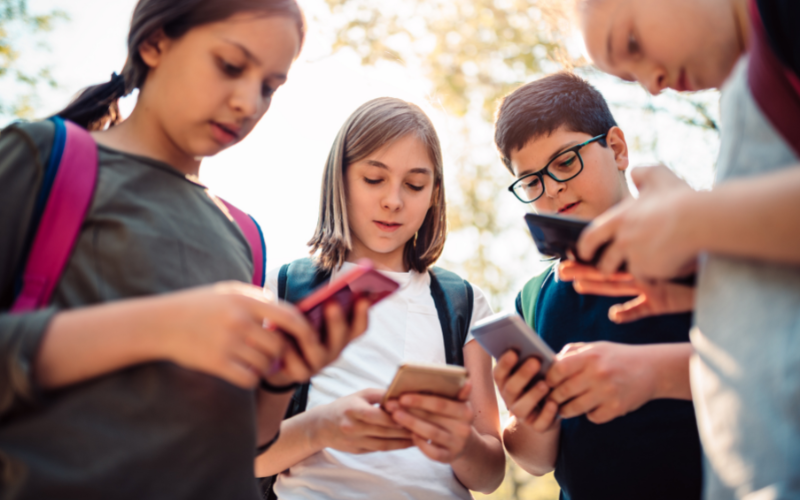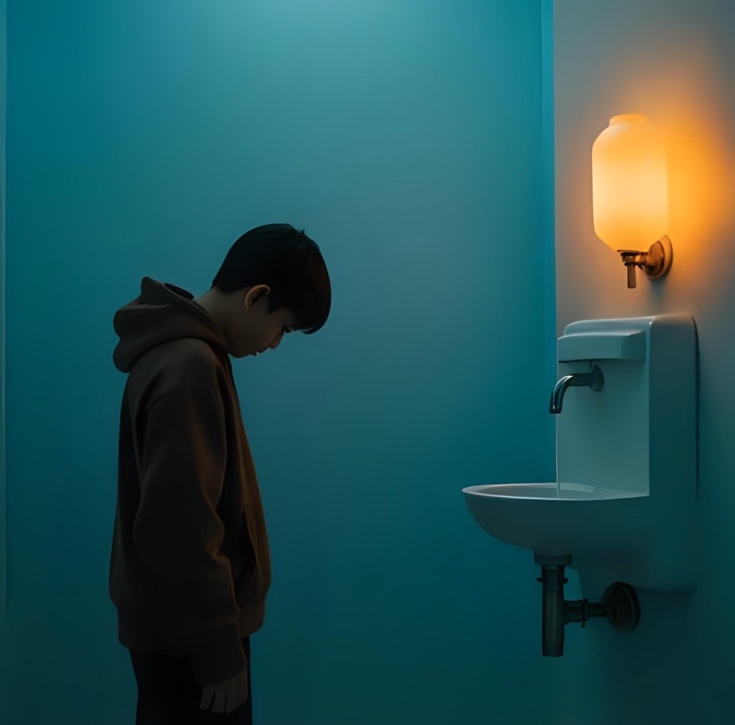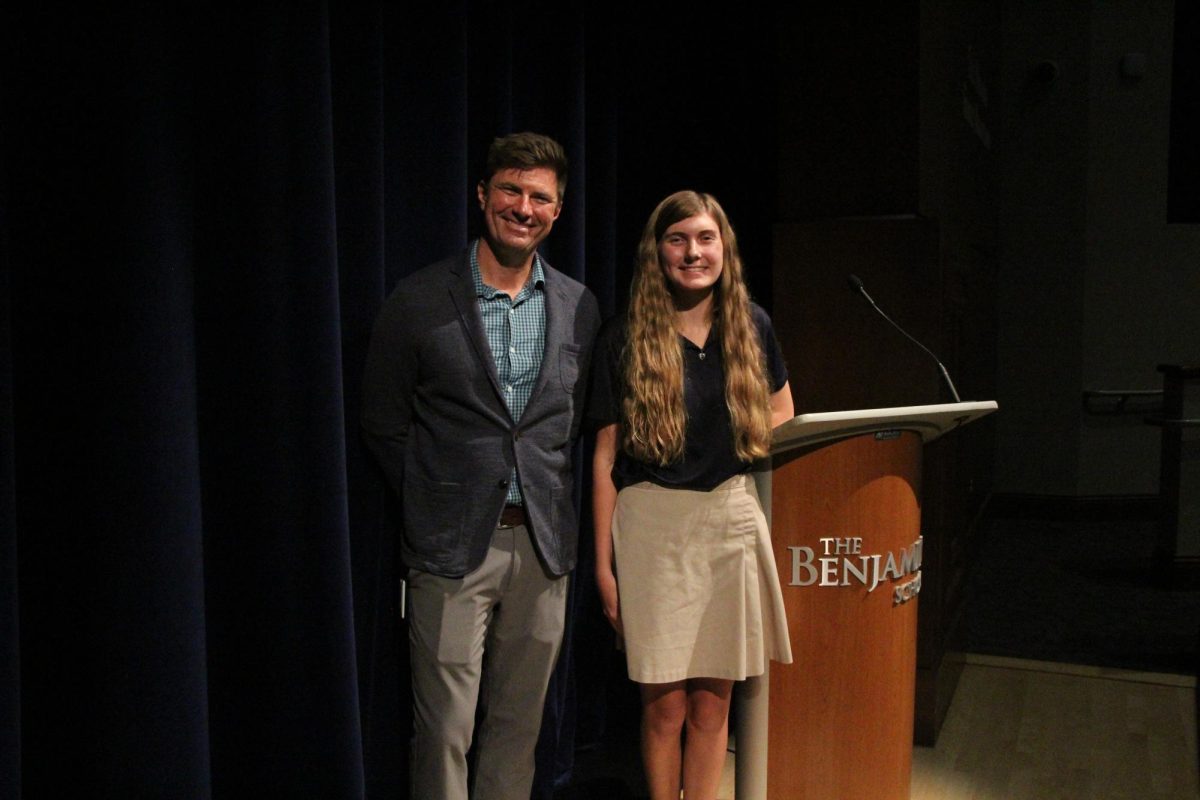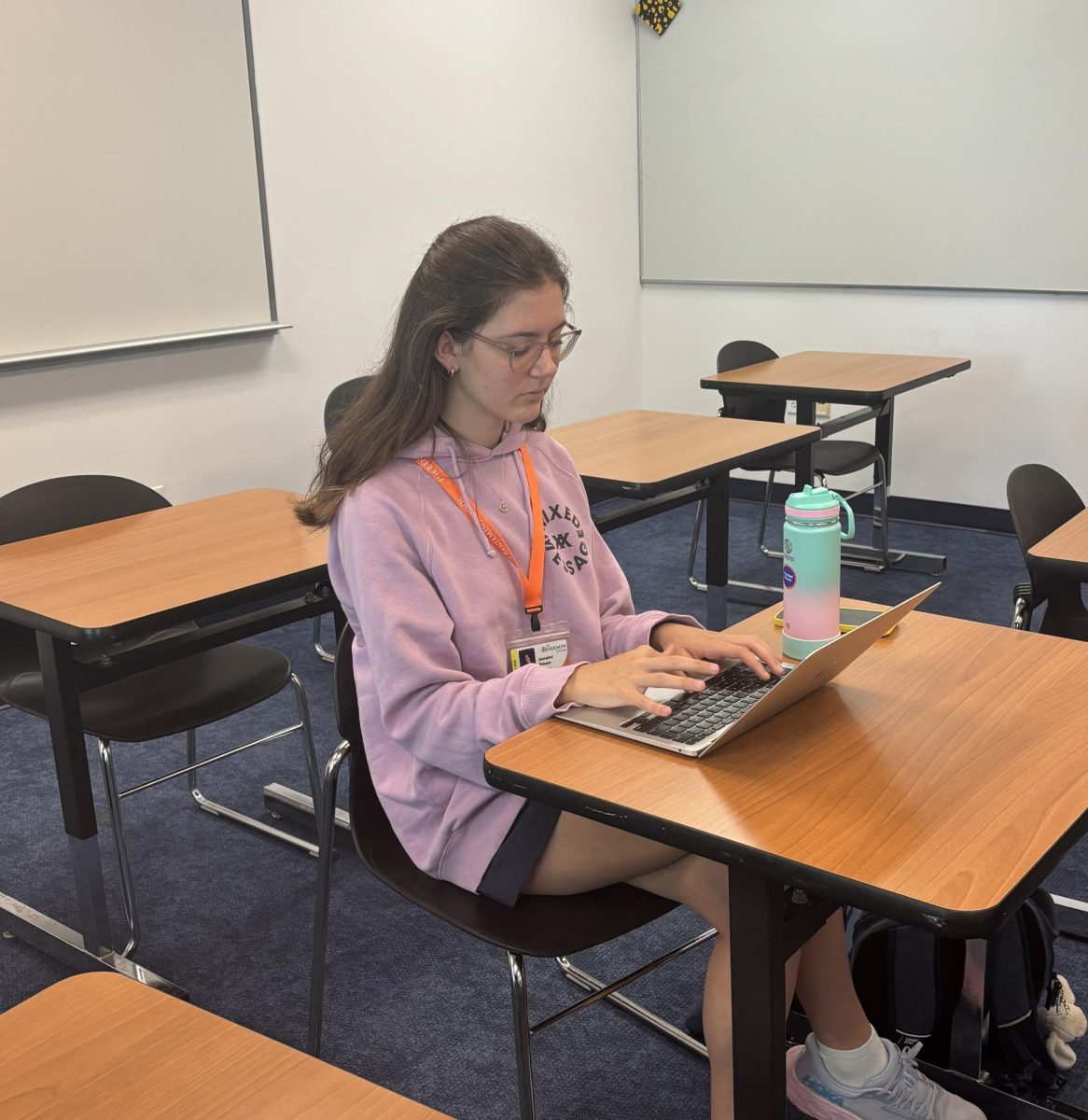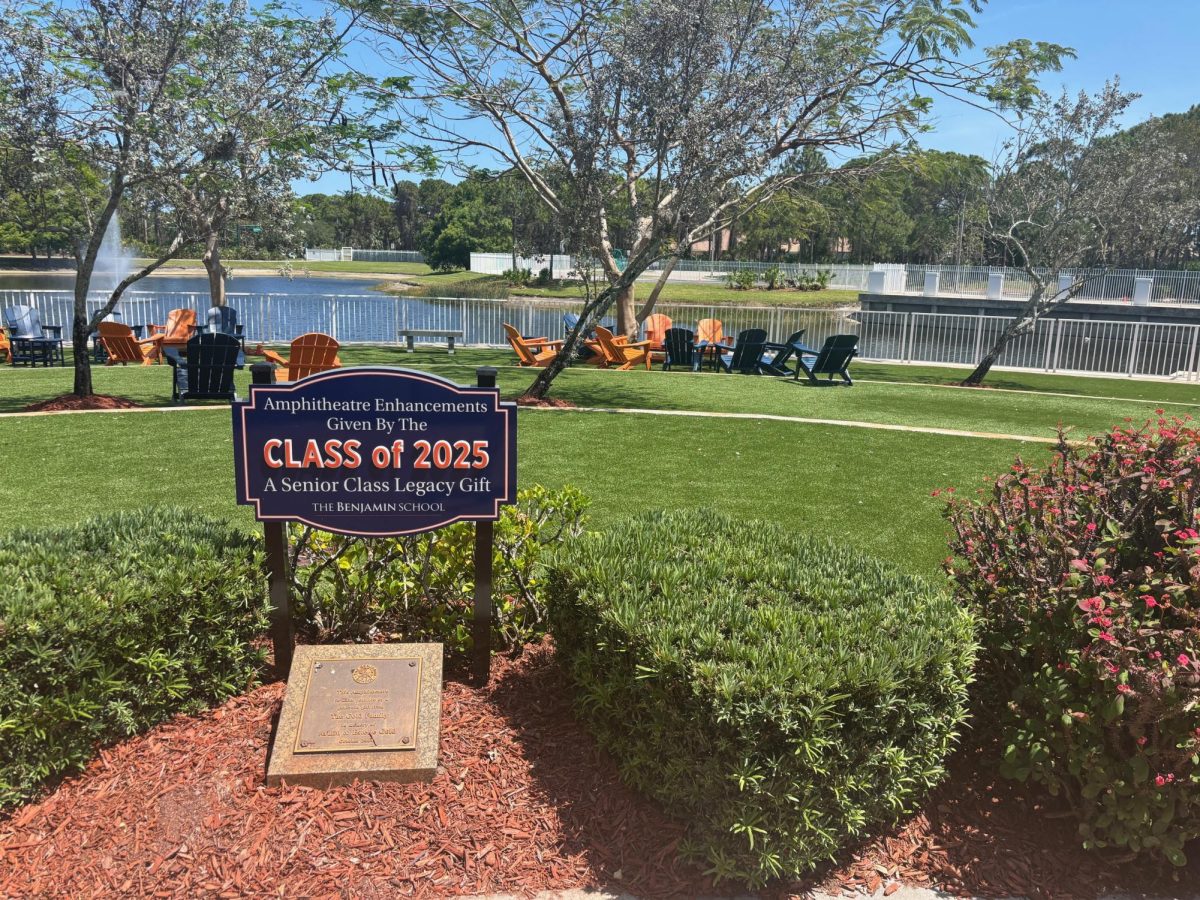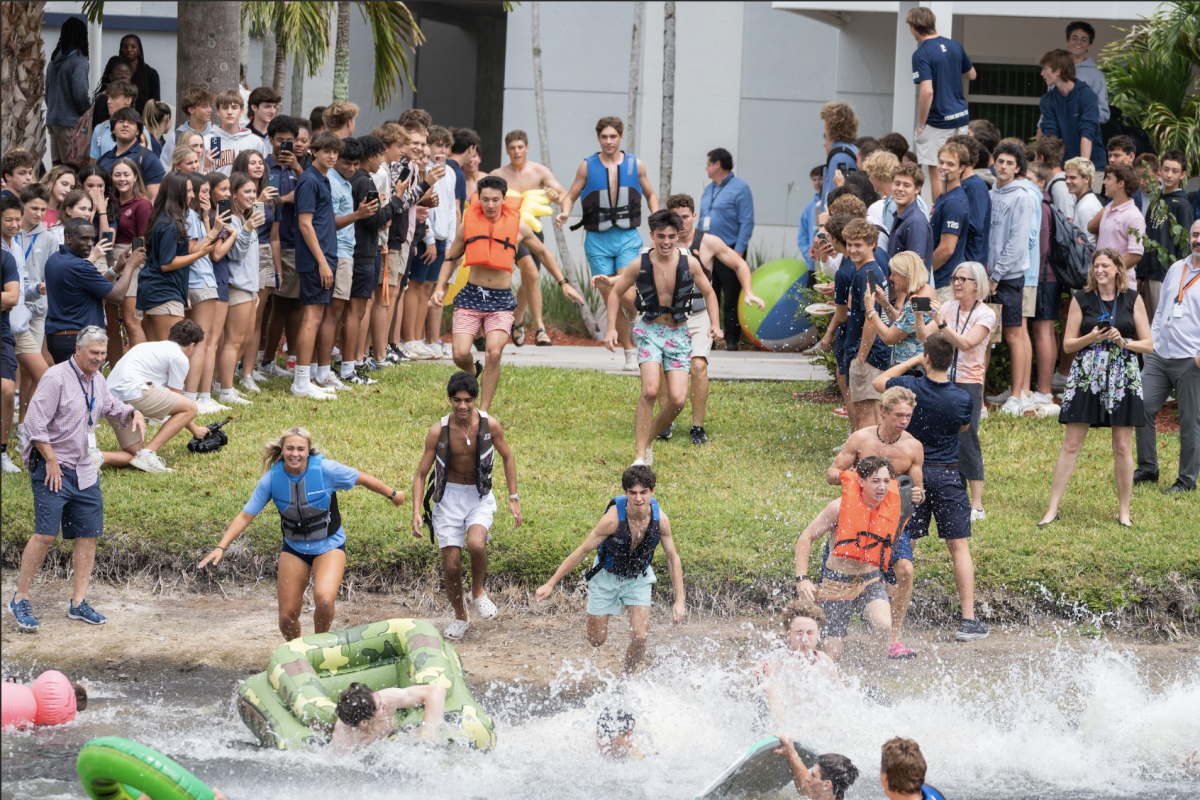On Jan. 25, the Florida House of Representatives approved a bill banning various social media apps for children under sixteen, regardless of parental approval. If this bill continues to pass through the law-making system successfully, the law could be enacted on July 1, 2024. As this possible future without social media looms over children in Florida, many freshmen and sophomores have been evaluating their lives without these platforms.
As social media such as TikTok, Instagram, and Snapchat have become a daily part of many teenagers’ lives, this new ban would impact them in many ways. While there could be both negative and positive effects as a result of this law, it would most definitely be an adjustment.
Freshman Grace Bischoff, under the age of sixteen, explains what would result from her not having social media, “I think not having social media would make me feel disconnected from a lot of people because I’m so used to seeing pictures and videos of them.”
“Not having social media would probably help me stay off my phone more, but at the same time, I wouldn’t be able to keep up with friends that live in other areas and see what people are up to,” shared sophomore Sofia Balistreri, who sees both sides of the impact.
This possible new law has students doing more than just seeing how their lives would be changed without social media; it also has them evaluating and envisioning their lives without using these apps. Whether losing social media would help teenagers become more social and present or simply feel disconnected and isolated is yet to be seen.
“My life without social media would be much less stressful because I would not be constantly comparing my likes [on social media] to others,” Bischoff shared.
Balistreri had similar views, “I would be able to have less screen time. Plus, I use Snapchat often instead of texting, so I would have to use texting more often.”
This lack of social media would create new dynamics in the personal and social lives of people under sixteen and could also affect many aspects of school. In addition to a change in academics, sports recruiting and other parts of athletics could also have to shift to a new medium.
Balistreri, who plays Varsity soccer, talks about what not having social media would look like regarding sports, “For soccer, we use social media to help get more fans and students to come to the games, and not being able to post and repost would make it harder to get our game times and dates out there for others to come and see.”
While it has been shown that life would be completely changed for many Benjamin students without social media, it leaves the question of whether or not students fear this potential law.
Bischoff explained why she is not afraid of this shift, “Honestly, I wish it was never created. My life would be so much less stressful without social media.”
While some students see how their lives could be less stressful, others think the loss of social media could make their lives even more anxiety-filled.
“It would be difficult for me to transition away from using social media to express my interests and communicate with my friends,” reasoned Balistreri.
As the process of banning social media for children under sixteen continues to progress, many students are living in the future more than the present as they assess the many differences their lives would have without these apps. Affecting social lives, academics, and athletics, this change could be both negative and positive, depending on the person. Generally, students have mixed opinions on what their lives would look like without social media.


